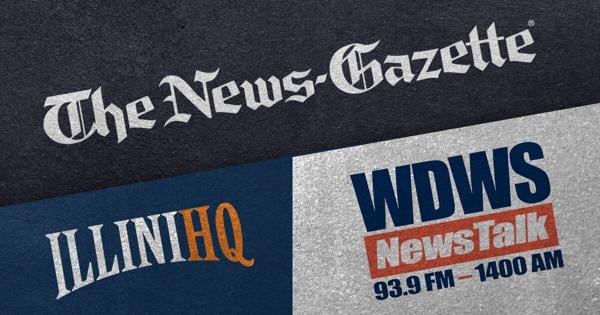The political landscape in the United States is facing intense scrutiny as former President Donald Trump increases federal control over Washington, D.C. This intervention has sparked widespread debate about the potential shift toward autocratic governance. Trump has exercised his authority to federalize the National Guard and deploy agents from various federal agencies, including Customs and Border Patrol and the FBI, to D.C.
Concerns are mounting regarding the implications of these actions. Under D.C.’s home-rule status, Trump maintains certain powers over the National Guard, which is primarily trained for disaster relief rather than policing. The deployment of additional resources, including National Guard troops from several states, raises questions about the necessity of such a presence in a city that has reported lower crime rates than many states that identify as “red.”
Criticism of Federal Policing Strategies
Critics argue that the current strategy does not address the underlying issues contributing to crime in Washington, D.C. Trump has proposed extending the deployment of National Guard troops beyond the initial thirty-day timeframe, despite the lack of a declared “crime emergency.” Advocates for community safety emphasize that an effective approach would involve reinstating the $1 billion budget cut from community programs designed to enhance officer training, mental health crisis support, and substance abuse interventions.
The prioritization of a militarized approach to policing has raised alarms about the potential for increased arrests, particularly targeting individuals of color. Critics contend that the focus should be on community support rather than punitive measures. The discussion has expanded beyond D.C., with Trump indicating that similar measures may be implemented in cities like Chicago and other urban areas with Democratic leadership.
Broader Implications for American Democracy
The implications of Trump’s actions extend beyond law enforcement—many see them as a concerning trend towards autocracy. The New York Times has highlighted this phenomenon, describing it as the “Overton Window,” where ideas that were once considered politically unacceptable gain traction and acceptance.
Public discourse has shifted, with calls for peaceful protest against such measures. The sentiment, as expressed by concerned citizens like Jennifer Sercombe from Champaign, is that it is essential to resist normalizing these tactics in a democratic society. The ongoing developments in Washington, D.C., and beyond will be closely monitored as they unfold, raising crucial questions about the future of governance and civil liberties in the United States.
